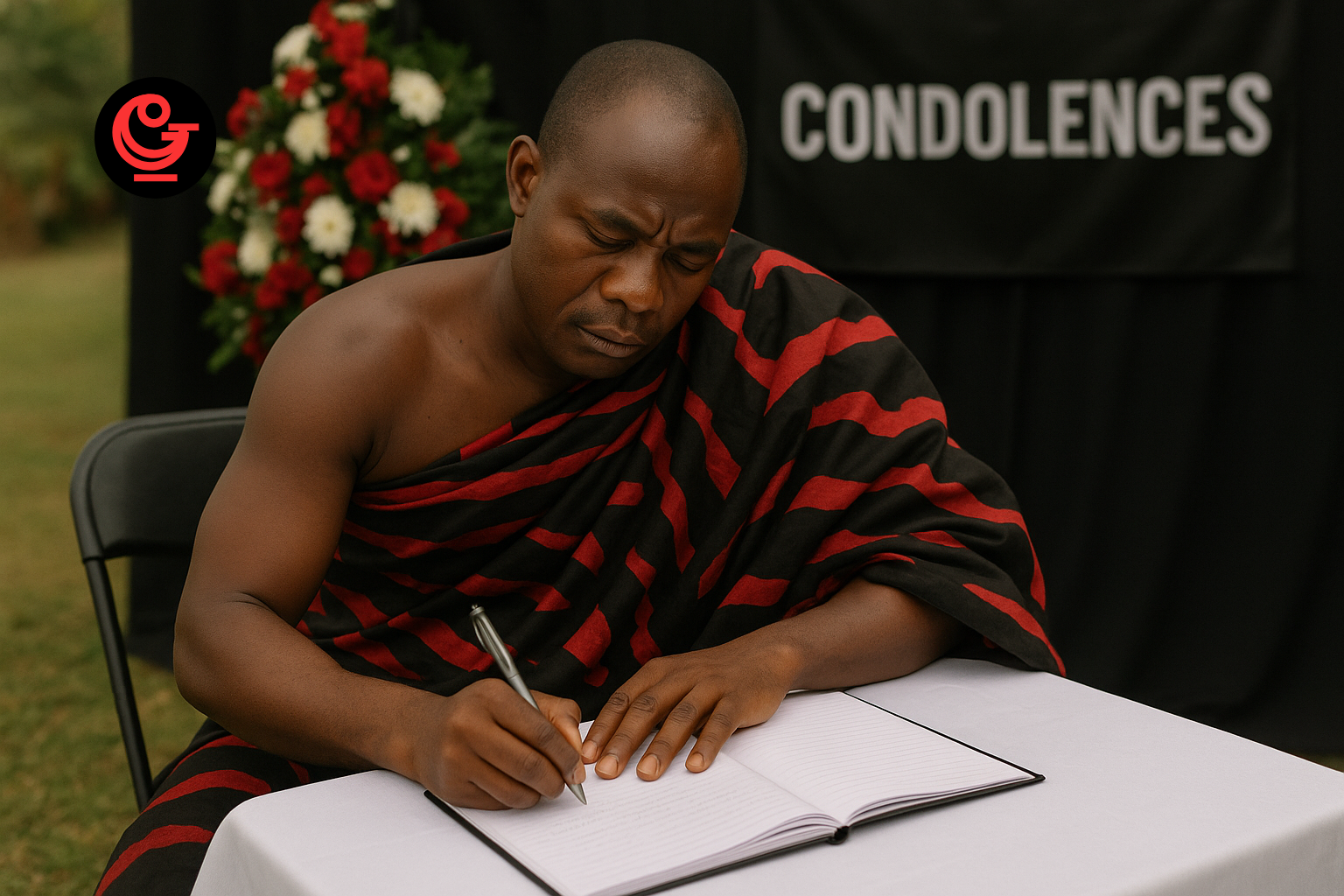

Message of condolence: Expressing sympathy with dignity in Ghanaian culture
Why condolence messages matter
When a loved one passes, words often feel inadequate. Yet, in Ghanaian society, funerals and condolence messages remain one of the most important ways to show compassion, respect, and solidarity with the bereaved family. These messages, spoken, written, or digital, help families feel less alone, reminding them that the community stands with them in their grief.
The role of condolence messages in Ghana
Across Ghana, condolence messages are an integral part of funeral traditions:
Community support – Friends, relatives, neighbours, and co-workers extend condolences as a show of unity.
Cultural respect – Whether through formal letters, phone calls, or church tributes, condolences affirm the value of the deceased’s life.
Emotional healing – Simple words like “You are in our prayers” provide comfort that goes beyond material support.
Diaspora connection – Messages from abroad remind families that distance does not diminish love or solidarity.
As Graphic Online has often reported, funerals in Ghana are deeply social events, and condolences — whether public or private — are vital to the mourning process.
How to write a message of condolence
While every message is personal, some guidelines help ensure it is both empathetic and appropriate:
Start with sympathy – Acknowledge the loss directly: “I was deeply saddened to hear of your father’s passing.”
Highlight qualities – Mention what you admired about the deceased: “Her kindness touched everyone she met.”
Offer comfort – Provide encouragement: “May you find peace in the love of family and friends.”
End with support – Assure your presence: “We are here for you during this difficult time.”
Common formats for condolences in Ghana
Condolence messages take various forms:
Spoken tributes – Shared during family visits, wake-keeping, or church services.
Condolence letters – Formal written notes sent to families, churches, or chiefs.
WhatsApp messages – Increasingly common, especially for diaspora relatives.
Social media posts – Publicly expressing solidarity while respecting privacy.
Each format carries the same heart: a message of care.
The everlasting digital obituary as a platform for condolences
At Ghana Memorial, we provide families with what we call the everlasting digital obituary, which includes tools for condolences that last beyond the funeral day:
Gather tributes in the Online Condolence Book, open to relatives worldwide.
Pair condolences with a Family Page where photos, stories, and messages live together.
Use the Funeral Announcement (coming soon) to invite condolences alongside event details.
Preserve every message in a permanent Ghana Memorial, ensuring words of comfort never fade.
With these tools, families no longer lose messages after the funeral — they remain accessible, cherished, and part of the healing process.
Final thoughts
A message of condolence may seem simple, but in Ghanaian culture it carries profound weight. It is about presence, solidarity, and remembrance. By combining traditional condolence letters and tributes with Ghana Memorial’s everlasting digital obituary, families can preserve sympathy messages forever, turning them into a lasting source of comfort.

